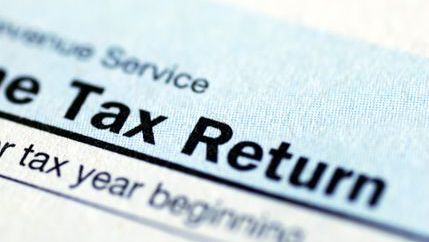
Private rental sector and short-term lets
The Budget confirms a 2% increase to the basic, higher, and additional rates of property income tax from April 2027. The new rates will be 22%, 42%, and 47% respectively.
Furthermore, regional mayors will gain powers to introduce an overnight visitor levy, like schemes planned in Wales (£1.30 per night) and Scotland (5% of accommodation cost). A consultation will follow on how the levy should be designed.
This follows various measures over the past 10 years that have also reduced returns to private landlords (e.g., changes to mortgage interest relief, the stamp duty land tax surcharge, capital gains tax allowances, and the introduction of the Renters’ Rights Act).
The successive erosion of private landlord returns is likely to reduce the supply of rental property over the long run. This reduction in supply risks a steady long-term rise in rents if demand outstrips supply
Home buying and selling
A High Value Council Tax Surcharge will be introduced on properties valued over £2 million starting from April 2028. The surcharge ranges from £2,500 to £7,500 a year across four price bands.
Despite this, the average UK house price is still expected to rise from £260,000 in 2024 to just under £305,000 in 2030. House price growth is forecast to average 2.5 per cent annually from 2026 onwards, broadly in line with average nominal earnings growth.
However, without action to tackle longstanding inefficiencies, fall-throughs and delays will continue to frustrate buyers, sellers, and agents.
We welcome the UK Government’s ongoing consultation on reforming the home buying and selling process, and our full response will follow. Our priorities are:
- Fairer and more up-to-date Stamp Duty thresholds.
- Reducing delays and friction in transactions.
- Supporting downsizing to free up family homes.
Businesses
The Writing Down Allowance (WDA) main rate will reduce from 18% to 14% starting from April 2026. This reduction in tax relief applies to both corporation tax paying companies and unincorporated businesses (sole traders) in the self-assessment regime for expenditures that do not qualify for full expensing, such as second-hand assets and cars.
The freeze on the employer National Insurance Contributions (NICs) secondary threshold (which applies above the lower earnings limit) was extended for a further three years until 2030-31. From April 2029, salary-sacrificed pension contributions above an annual £2,000 threshold will no longer be exempt from NICs. These contributions will become subject to both employer and employee NICs.
There will also be changes to business rates, providing lower multipliers for retail, hospitality, and leisure properties. It also includes a package of transitional relief intended to cap increases following the 2026 revaluation.
Additionally, agencies employing staff will be impacted by National Minimum Wage increases from April 2026:
- Over-21s: £12.71 per hour
- Ages 18–20: £10.85 per hour
- Under-18s and apprentices: £8 per hour





